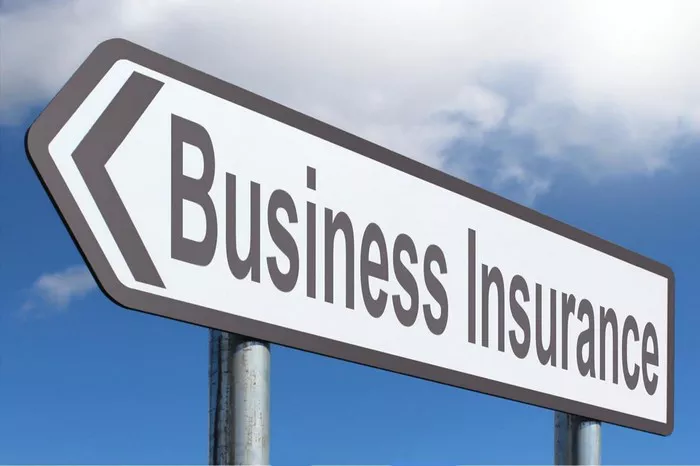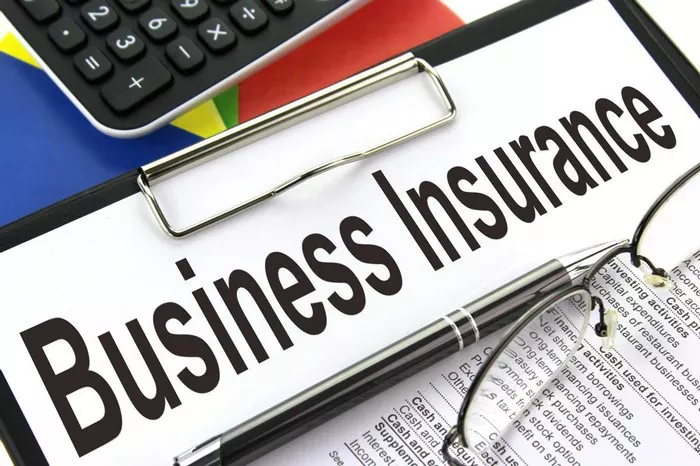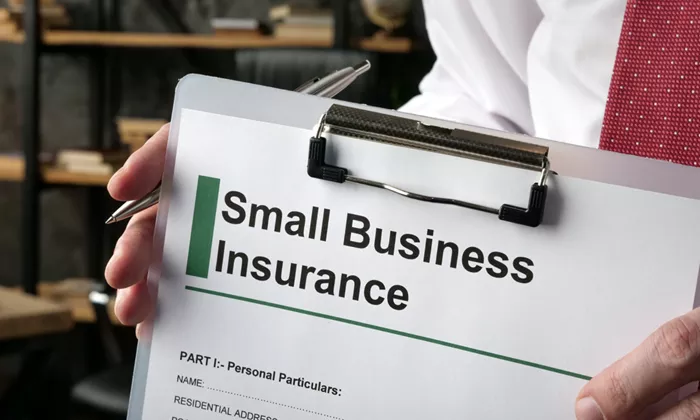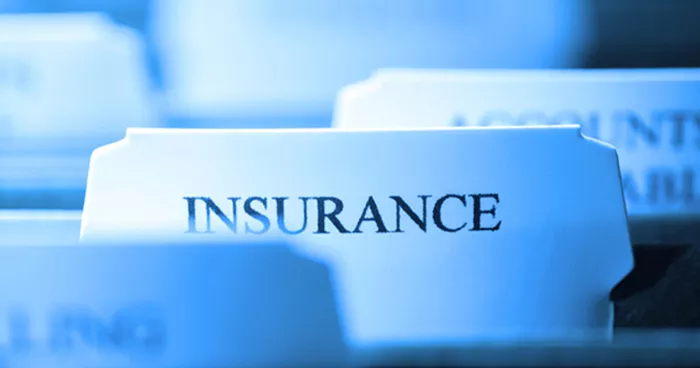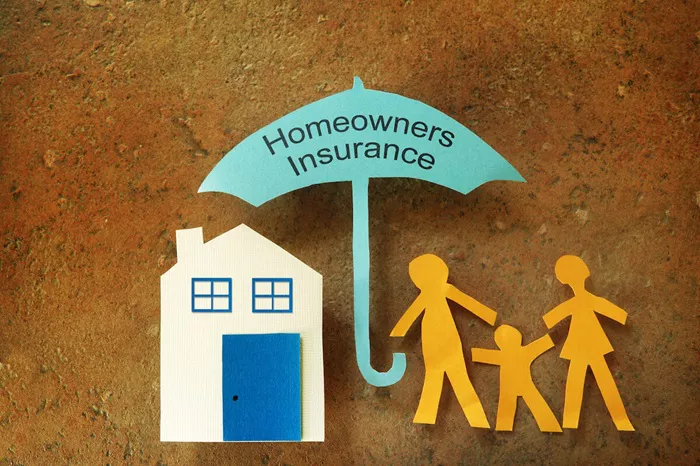Public liability insurance is an essential coverage for builders and construction professionals. It helps protect against the financial risks that come with accidents, injuries, or property damage caused by your work on a job site. Whether you’re a small independent contractor or part of a large construction company, having public liability insurance is vital for running a safe and professional business.
In this article, we will delve into what public liability insurance for builders covers, why it’s important, and how it can safeguard your business from potential legal and financial pitfalls.
What is Public Liability Insurance?
Public liability insurance is designed to protect builders from claims made by third parties for personal injury or property damage that occurs as a result of your business activities. A third party could be anyone from a member of the public to a client or even another contractor. The insurance covers the legal costs and compensation payments if you are found liable for these incidents.
For builders, this means that if someone is injured on the job site, or if a property is damaged due to your work, the policy will help cover the associated costs. Without this coverage, you could be forced to pay for expensive legal defense and damages out of pocket, which could have a devastating impact on your finances.
Why Do Builders Need Public Liability Insurance?
In the construction industry, there are inherent risks associated with the work, from accidents involving machinery to the potential for damage to a client’s property. Public liability insurance helps mitigate these risks by ensuring that you are protected if something goes wrong. Here are a few key reasons why public liability insurance is so crucial for builders:
Accident Risks: Construction sites are busy and can be dangerous, with the risk of accidents always present. Workers, visitors, and passersby can be injured due to falls, falling objects, or even tripping over equipment.
Property Damage: Builders frequently work on properties that belong to clients, and there’s always the possibility that accidental damage could occur. Whether it’s knocking down a wall incorrectly or causing damage to the client’s garden or driveway, public liability insurance can cover these unexpected expenses.
Professional Reputation: A claim against your business can damage your professional reputation, even if the claim is unwarranted. Having public liability insurance shows that you take safety seriously and are prepared to cover potential risks.
What Does Public Liability Insurance Cover for Builders?
Public liability insurance for builders covers a wide range of incidents and events. Below are some common situations where public liability insurance can step in and provide protection:
1. Injury to a Member of the Public
Injuries are perhaps the most common claims made against builders. If a member of the public is injured as a result of your work, public liability insurance can help cover the legal costs and any compensation awarded to the injured party. Examples of this could include:
A passerby slipping on a wet surface caused by your work.
Someone being injured by a falling object that you or your team have moved.
A visitor to the job site tripping over equipment or materials.
In such situations, your insurance will cover medical expenses, legal fees, and any compensation awarded to the injured party.
2. Damage to Property
Builders are often working on clients’ properties or construction sites, and damage can occasionally occur. Public liability insurance covers any damage that happens to a third party’s property while you’re working on it. This can include:
Accidental damage: For example, damaging a client’s window while handling materials or breaking a piece of their furniture.
Structural damage: If your work causes damage to the property’s structure, like weakening a wall or causing damage to plumbing or wiring.
Damage to neighboring properties: If your work affects a neighboring property—for example, causing damage to a wall shared with a neighboring house—public liability insurance will help cover these costs.
Without this coverage, you could be personally liable for the repair or replacement costs, which could be significant.
3. Legal Costs
Legal defense can be incredibly expensive, even if the claims against you are groundless. If someone files a claim for injury or property damage, public liability insurance will cover the legal fees required to defend your case in court. These costs can quickly add up, even if you’re ultimately found not guilty of any wrongdoing.
For example, if a visitor is injured on a construction site and files a lawsuit against you, your insurance will cover the cost of hiring a lawyer, paying court fees, and any necessary expert witnesses. This can be a huge financial burden lifted off your shoulders.
4. Compensation Payments
If you are found to be at fault for an injury or damage, public liability insurance helps cover any compensation that you may have to pay. This could include medical bills, lost wages, and other costs the injured party incurs due to their injury. For property damage claims, compensation might involve paying for repairs or replacement of the damaged items.
5. Damage to Tools or Equipment
While public liability insurance primarily covers third-party injuries and property damage, some policies may offer limited coverage for your own equipment. This can help protect you if your tools or machinery are damaged during the course of your work, but it is important to check with your insurance provider to understand the extent of the coverage.
What is Not Covered by Public Liability Insurance?
While public liability insurance provides a wide range of coverage, there are certain exclusions. It’s important to understand these limitations to avoid any surprises down the line:
1. Employee Injuries
Public liability insurance does not cover injuries sustained by employees on the job. For that, you would need employer’s liability insurance, which is typically a legal requirement if you have employees. This insurance protects your business in case your employees are injured while working for you.
2. Damage to Your Own Property
If your tools, equipment, or other property are damaged during the job, public liability insurance generally will not cover these costs. For this, you may need tools and equipment insurance or a separate business property insurance policy.
3. Contractual Liabilities
If you sign a contract that makes you liable for certain risks beyond the standard scope of public liability insurance, the policy may not cover these special contractual obligations. For instance, if you agree to cover the costs of repairs or damages under a specific contract, public liability insurance may not step in if a claim is made against you in relation to that contract.
4. Deliberate Actions
If damage or injury occurs as a result of your deliberate actions or gross negligence, public liability insurance typically will not cover the claim. Insurance providers expect businesses to act responsibly and safely, and if an incident occurs due to reckless behavior, they may not be liable to pay for the damages.
How Much Coverage Do Builders Need?
The amount of public liability coverage a builder needs can vary depending on several factors, such as the size of the projects you handle, the nature of your work, and the potential risks involved. Many small businesses start with coverage limits of around $1 million, but larger companies or those involved in high-risk projects may need coverage of $5 million or more.
When determining the appropriate level of coverage, consider:
The value of the property you’re working on: High-value properties might require higher coverage limits to adequately protect your business.
The type of work you do: If you work with hazardous materials or undertake high-risk tasks like demolition, you may want more coverage.
Client requirements: Some clients, particularly larger corporations, may require contractors to carry specific levels of public liability insurance.
Conclusion
Public liability insurance is an essential investment for builders, as it protects against the significant financial risks of property damage, injury claims, and legal expenses. Whether you’re working on a small home renovation or a large construction project, public liability insurance can safeguard your business and reputation by covering the costs of third-party claims.
Understanding what public liability insurance covers—and the exclusions that may apply—helps you make an informed decision about the right level of coverage for your needs. By investing in comprehensive public liability insurance, you can focus on your work, knowing that you’re protected from potential liabilities that may arise during the course of your business activities.
Related topic:
What Does Professional Liability Insurance Cover


